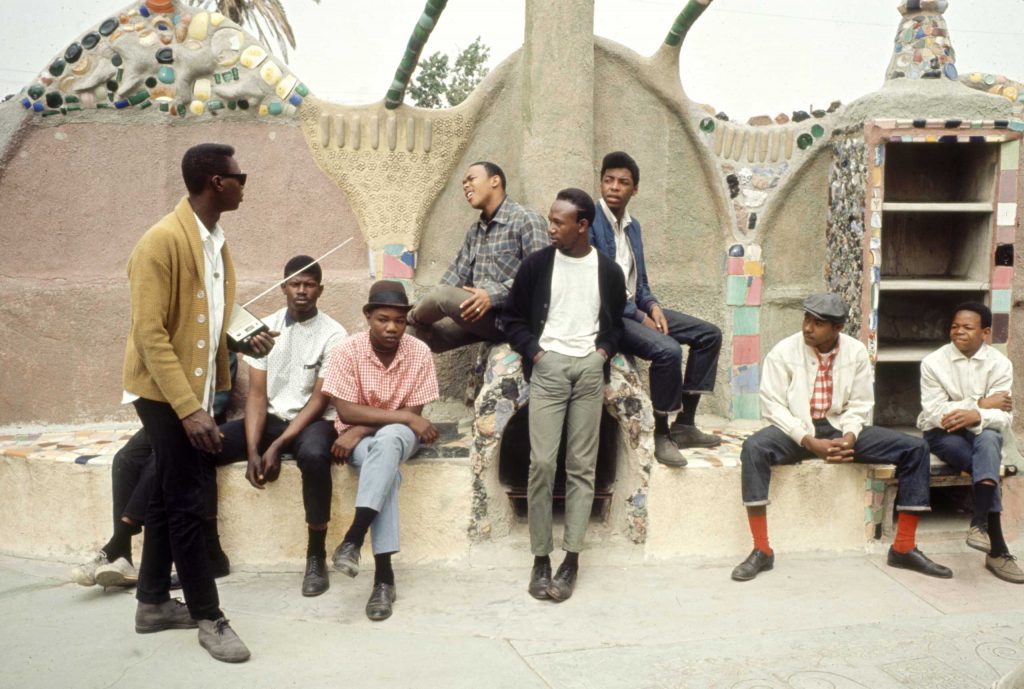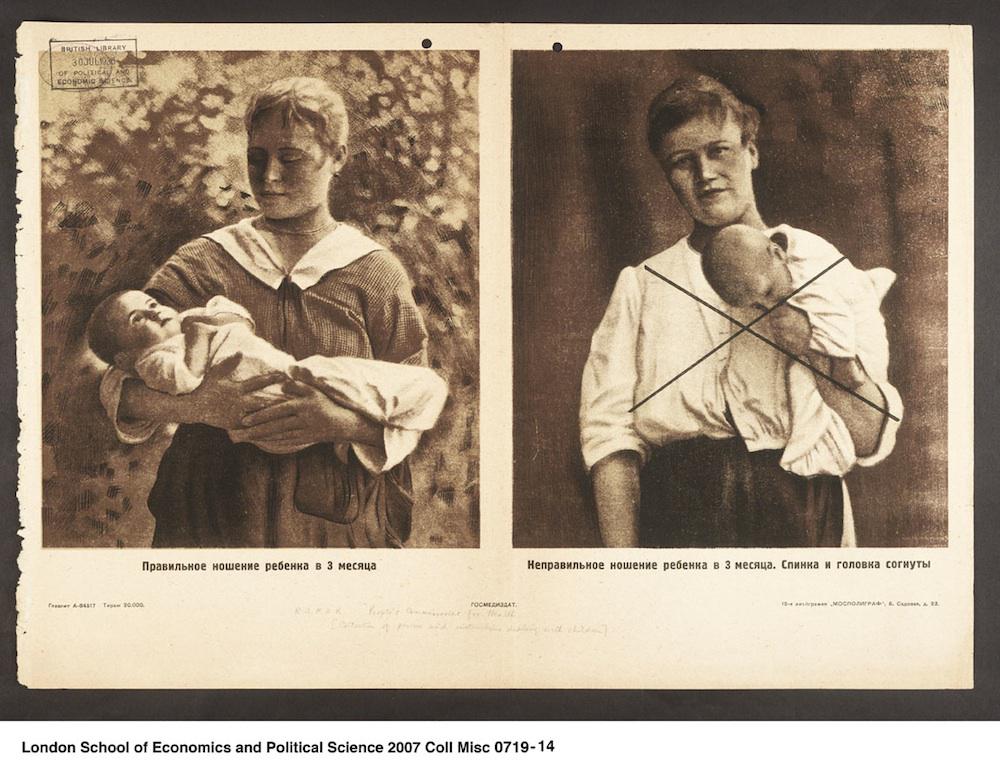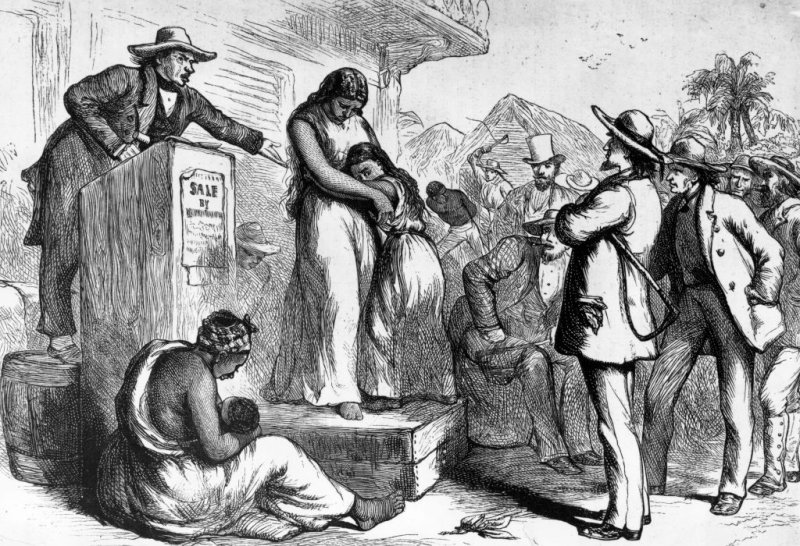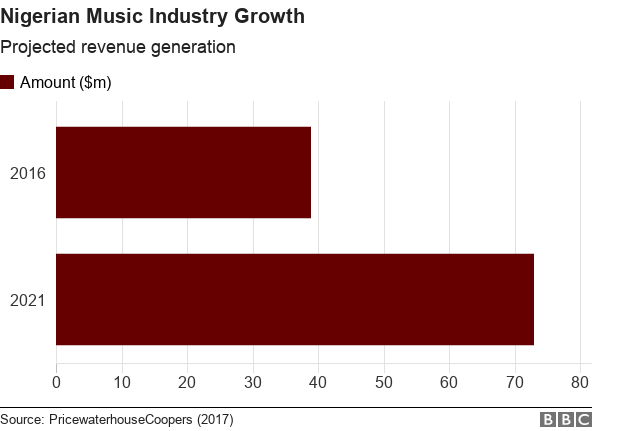In the middle of a discussion on how to fashion their public relations in regard to what the “average man” cares about, President Richard Nixon and his aides White House Chief of Staff Bob Haldeman and Chief Domestic Advisor John Ehrlichman discuss the new television show, All in the Family. The episode that Nixon watched and described to his aides in detail dealt with homosexuality. This leads Nixon into a larger discussion of homosexuality in history and more generally. This conversation is featured in the documentary, “Our Nixon.”
New Posts
Watch World War II Rage Across Europe in a 7 Minute Time-Lapse Film: Every Day From 1939 to 1945
The Fire Last Time: LIFE in Watts
The August 1965 Watts Riots (or Watts Rebellion, depending on one’s perspective and politics), were among the bloodiest, costliest and most analyzed uprisings of the notoriously unsettled mid-1960s. Ostensibly sparked by an aggressive traffic stop of a black motorist by white cops, the six-day upheaval resulted in 34 deaths, more than 3,400 arrests and tens of millions of dollars in property damage (back when a million bucks still meant something).
A year after the flames were put out and the smoke cleared from the southern California sky, LIFE revisited the scene of the devastation for a “special section” in its July 15, 1966, issue that the magazine called “Watts: Still Seething.”


Child Care Advice From Early Soviet Propaganda Posters
The images, all printed in 1930, reflect the government’s promotion of early-childhood health and well-being in the early years of the Soviet Union.

Andrew Jackson – Good Evil & The Presidency – PBS Documentary
This biography explores whether Americans should celebrate Jackson or apologize for him. The program reveals the world of America’s 7th president, who boldly founded the Democratic Party – yet was viewed by his enemies as an American Napoleon. Narrated by Martin Sheen, the film tells a story with startling relevance to the modern presidency by bringing to life one of the most remarkable, yet divisive presidents in our history.
STW Podcast: Napoleon
Tom Sutcliffe discusses Napoleon with historians Andrew Roberts, Sudhir Hazareesingh and Jenny Uglow and musicologist Gavin Plumley.

How Natives Took Alcatraz for 18 Months
On Nov. 20, 1969, more than 70 Native Americans gathered before dawn on a dock in San Francisco Bay. They boarded three boats and sailed from the small, foggy harbor in Sausalito, Calif., to Alcatraz Island. They intended to make landfall on territory belonging to the United States government with the intent of claiming it for themselves. Or reclaiming it, depending on your point of view.
Read the NY Times reflect on this event, 50 years later.
'The Slaves Dread New Year's Day the Worst': The Grim History of January 1

Americans are likely to think of New Year’s Eve and New Year’s Day as a time to celebrate the fresh start that a new year represents, but there is also a troubling side to the holiday’s history. In the years before the Civil War, the first day of the new year was often a heartbreaking one for enslaved people in the United States.
In the African-American community, New Year’s Day used to be widely known as “Hiring Day” — or “Heartbreak Day,”
American Experience Video: McCarthy
McCarthy chronicles the rise and fall of Joseph McCarthy, the Wisconsin senator whose zealous anti-communist crusade would test the limits of American decency and democracy.
Competition, the Coronavirus, and the Weakness of Xi Jinping
In 2018, Xi decided to abolish presidential term limits, signaling his intention to stay in power indefinitely. He has indulged in heavy-handed purges, ousting prominent party officials under the guise of an anticorruption drive. What is more, Xi has suppressed protests in Hong Kong, arrested hundreds of human rights lawyers and activists, and imposed the tightest media censorship of the post-Mao era. His government has constructed “reeducation” camps in Xinjiang, where it has incarcerated more than a million Uighurs, Kazakhs, and other Muslim minorities. And it has centralized economic and political decision-making, pouring government resources into state-owned enterprises and honing its surveillance technologies. Yet all together, these measures have made the CCP weaker: the growth of state-owned enterprises distorts the economy, and surveillance fuels resistance. The spread of the novel coronavirus has only deepened the Chinese people’s dissatisfaction with their government.
Is the Chinese regime a “paper tiger”?
Frontline: China Undercover
A special undercover report from China’s secretive Xinjiang region. FRONTLINE investigates the Communist regime’s mass imprisonment of Muslims, and its use and testing of sophisticated surveillance technology against the Uyghur community.
Lecture – Lyndon Johnson’s Great Society: Triumph & Tragedy
Lecture Outline:
- Election of 1964
- War on Poverty
- Education
- Urban Renewal
- Health Care
- Civil Rights
Enjoy!
Assignment: Iran Through Three Lenses
- Watch Inside Iran from Sky Sky News (12 minutes). Come to class with notes summarizing the clip.
- Watch the first hour or so of Our Man in Tehran and come to class with content rich notes. Be prepared to discuss the following What is interesting? What supports, modifies, or refutes our studies of Iran thus far? What evidence of bias is there? What is omitted from the film? What is (over)emphasized?
- Explore Cara Parks’ 2012 “Once Upon a Time in Tehran“ photo essay from Foreign Policy Magazine. View it as a slideshow (otherwise you need to subscribe to FP). Be sure to read the captions. Come to class with your favorite photo or two and a willingness to share.
- Consider as an option, not an assignment, viewing other films (below)
Our Man in Tehran – a revealing series on life inside Iran, with New York Times correspondent Thomas Erdbrink. In this two-night documentary special, Erdbrink shares a rare journey into a private Iran often at odds with its conservative clerics and leaders. The series offers surprising encounters inside the closed society of Iran, as Erdbrink gets Iranians to reveal the intricacies of their private worlds and the challenges of living under theocratic leaders.
Join Rick as he explores the most surprising and fascinating land he’s ever visited: Iran. In a one-hour, ground-breaking travel special on public television, you’ll discover the splendid monuments of Iran’s rich and glorious past, learn more about the 20th-century story of this perplexing nation, and experience Iranian life today in its historic capital and in a countryside village. Most important, you’ll meet the people of this nation whose government so exasperates our own.
Iran is opening its doors to foreigners and a train ride from the Persian Gulf to the Caspian Sea is a great way to get to know the country and its people. The travel restrictions that are now being lifted were in place for decades. Many Iranians are hoping they will now be able to lead a freer life – and we meet many of these hospitable and welcoming people on our journey through the Middle Eastern nation. The country’s most important rail link, the Trans-Iranian Railway, runs for approximately 1400 kilometers from the Persian Gulf via Teheran to the Caspian Sea. From DW Documentary.
Why the UK is in the EU
Big money in Nigerian music
One of the biggest exports coming out of Nigeria right now is music, with Afrobeats stars such as Davido and Wizkid making it big on the international stage.
Nigerian music is permeating playlists across the world, and its stars have a huge fan base.
Last month, Davido performed in front of thousands at the Wireless Music Festival in London and is due to embark on a US tour later this month.
And Wizkid made history last year by being the first Nigerian solo act to have a sold-out show at London’s iconic Royal Albert Hall.

Chinese GDP E vs. W

The map above from The Economist in 2010 shows China’s province’s GDPs and lists their nearest equivalent in the international community. The map illustrates the gap between China’s prosperous east and less prosperous west.
New Light On Chinese 'Reeducation Camps' For Muslims
41-year-old Sayragul Sauytbay has testified about the existence of a network of “reeducation camps” in western China where she says thousands of ethnic Kazakhs are incarcerated for “political indoctrination.”
Unlike others who’ve fled abroad, saying they’d been forced to endure dehumanizing indoctrination at such camps, Sauytbay was not a camp detainee. She was a camp employee.
Before crossing into Kazakhstan on April 5, Sauytbay had been the head administrator of a kindergarten — a position that, together with her membership of the Communist Party, technically made her a Chinese state official.
She says Chinese authorities had forced her to train “political ideology” instructors for reeducation camps in western China’s Xinjiang Uyghur Autonomous Region.
That, she says, gave her access to secret documents about China’s state program to “reeducate” Muslims from indigenous minority communities across western China — mainly Uyghurs, ethnic Kazakhs, ethnic Kyrgyz, and Hui.
China hints at three-child policy

Postage stamps unveiled earlier this week to mark the incoming Year of the Pig in February 2019 have led many social media users to question whether a loosening of family planning restrictions could be imminent.
The stamps show a parent pig couple and three piglets. On the surface, it hardly appears to be a policy announcement. But users on the popular Sina Weibo microblog have pointed out that two years ago, before the one-child policy was abolished, China issued Year of the Monkey stamps featuring two baby monkeys.
And in recent months, the Chinese government has been strongly encouraging couples to have more than one child. Local authorities have even been offering incentives, such as tax breaks, and education and housing subsidies.
Please Vote For Me
Please Vote for Me is a 2007 documentary film following the elections for class monitor in a 3rd grade class of eight-year-old children in the Evergreen Primary School in Wuhan, China. The candidates, Luo Lei, Xu Xiaofei, and Cheng Cheng, compete against each other for the coveted role and are egged on by their teachers and doting parents. This was reported to be an interesting use of classic democratic voting principles and interpersonal dynamics.
The documentary gives a glimpse into China’s contemporary urban middle classes.
On Obrador's 2018 Victory
“The outcome represents a clear rejection of the status quo in the nation, which for the last quarter century has been defined by a centrist vision and an embrace of globalization that many Mexicans feel has not served them.” Leftist Andrés Manuel López Obrador wins Mexico presidency in landslide with mandate to reshape nation. (Globalism is getting it from all sides.)
+ Here’s more on Obrador’s election from WaPo, including this remarkable detail. “The campaign season has been marked by violence, with some 130 candidates and campaign staff assassinated across the country.”
+ “For the past 12 years, Mexico has fought violent drug gangs by deploying thousands of police, soldiers and intelligence officers to crack down on cartels and their leaders. If its new president-elect gets his way, however, negotiation may replace the hard-line strategy that critics say has only perpetuated violence.”
These links are from Next Draft